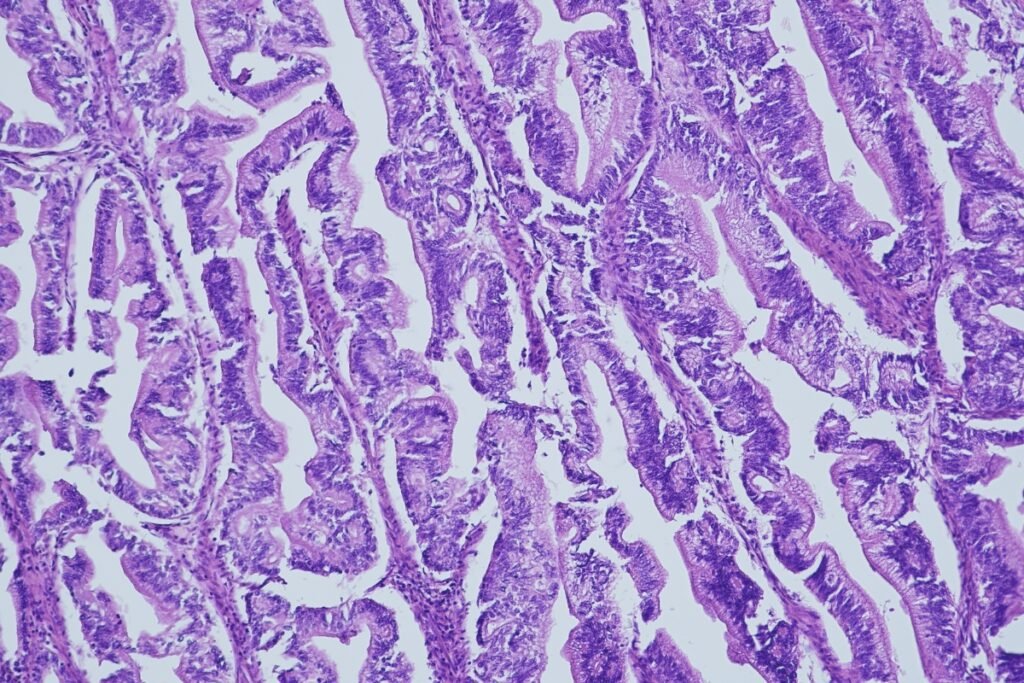ABSTRACT NUMBER – 4006
The combination of liposomal irinotecan with 5-fluorouracil/leucovorin (5-FU/LV) has already received approval for treating metastatic pancreatic ductal adenocarcinoma (mPDAC) in the United States and Europe, following progression on gemcitabine-based therapy.
The NALIRIFOX treatment plan in the Phase III NAPOLI-3 trial showed notable improvements in both overall survival and progression-free survival when compared to the nab-paclitaxel plus gemcitabine treatment in patients with metastatic pancreatic cancer who had not received prior treatment.The NALIRIFOX regimen consists of liposomal irinotecan, fluorouracil, leucovorin, and oxaliplatin. The trial included 770 previously untreated patients with metastatic pancreatic ductal adenocarcinoma enrolled in an open-label randomized study. Patients were randomly assigned to obtain either the NALIRIFOX regimen or conventional treatment. The NALIRIFOX regimen involved administering liposomal irinotecan at 50 mg/m2, fluorouracil at 2,400 mg/m2, leucovorin at 400 mg/m2, and oxaliplatin at 60 mg/m2 on days 1 and 15 of a 28-day cycle. The control regimen consisted of 125 mg/m2 nab-paclitaxel and 1,000 mg/m2 gemcitabine on days 1, 8, and 15 of a 28-day cycle.
According to the results presented at the ASCO 2023 conference, the NALIRIFOX group exhibited a median overall survival of 11.1 months. In contrast, the Gem+NabP group had a median overall survival of 9.2 months. The median progression-free survival was 7.4 months for the NALIRIFOX group and 5.6 months for the Gem+NabP group. In terms of response duration, patients treated with NALIRIFOX achieved a median duration of response of 7.3 months (95% CI: 5.8-7.6), whereas those receiving the Gem+NabP combination had a median duration of response of 5.0 months (95% CI: 3.8-5.6).
Regarding safety, 54.3% of patients in the NALIRIFOX group experienced serious treatment-emergent adverse events (TEAEs), compared to 51.5% in the gemcitabine/nab-paclitaxel group. Grade 3 or higher TEAEs were observed in 87.0% and 86.0% of cases in the NALIRIFOX and gemcitabine/nab-paclitaxel groups, respectively. TEAEs resulting in mortality occurred in 5.9% of NALIRIFOX patients and 6.1% of gemcitabine/nab-paclitaxel patients. These findings suggest that NALIRIFOX can be considered a first-line therapy option for patients with metastatic pancreatic cancer.





























